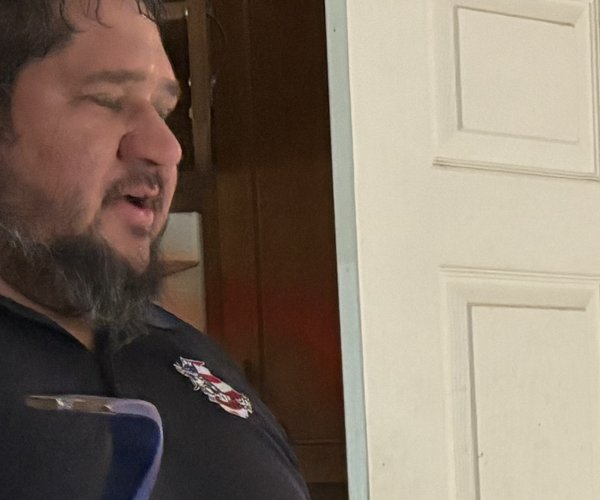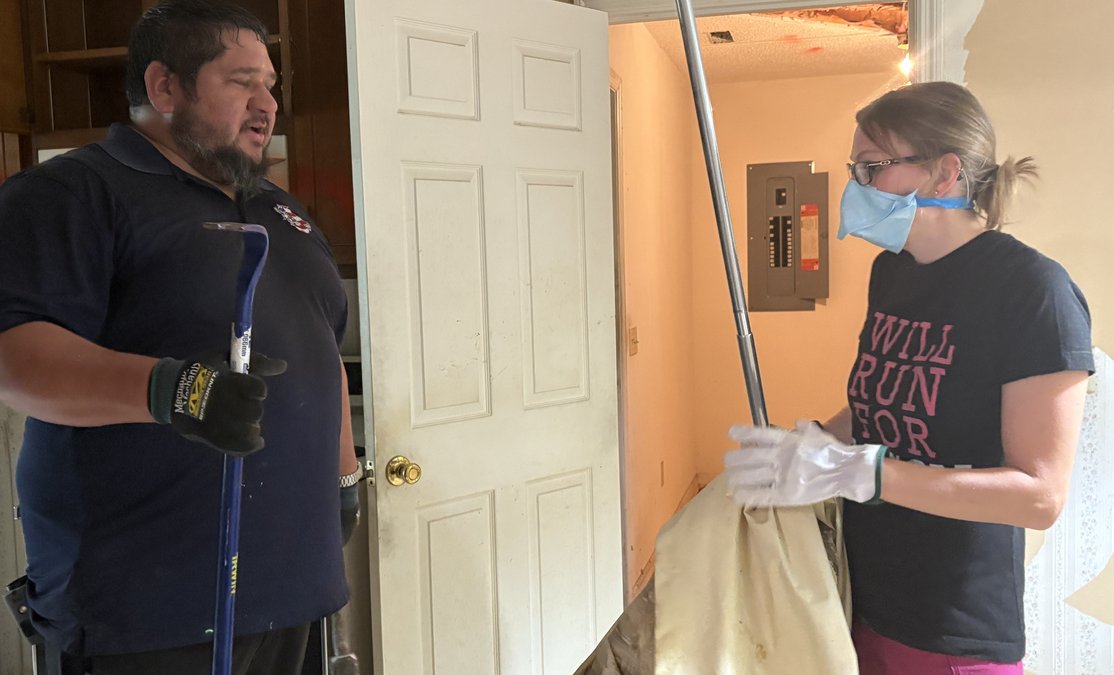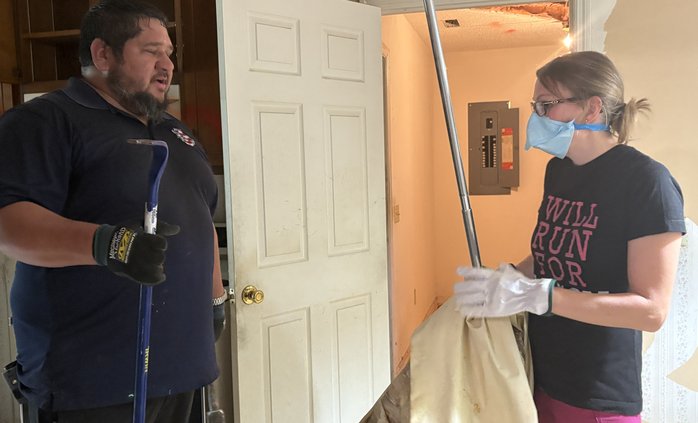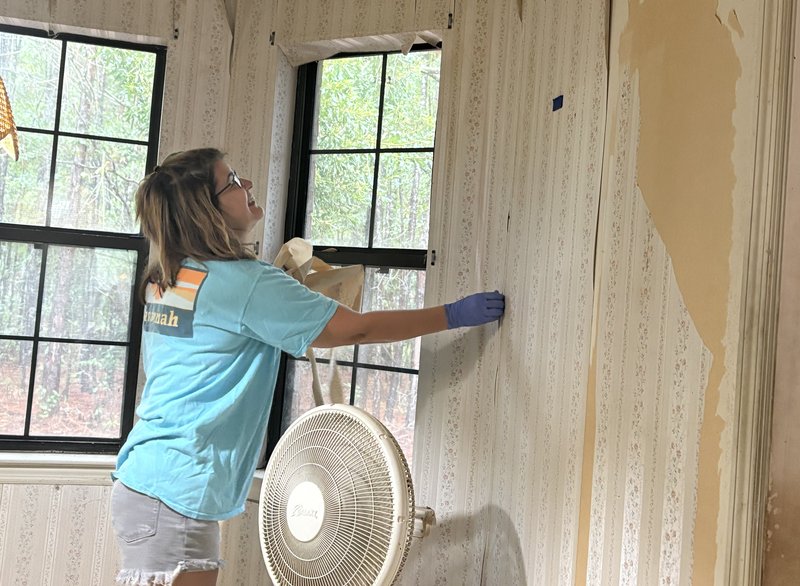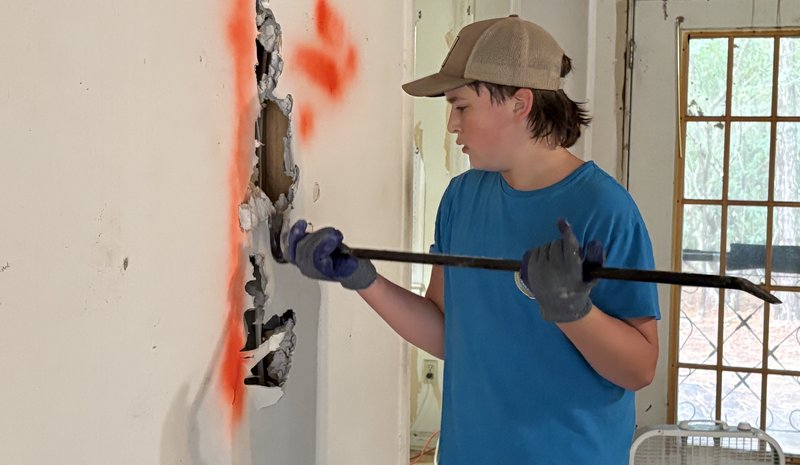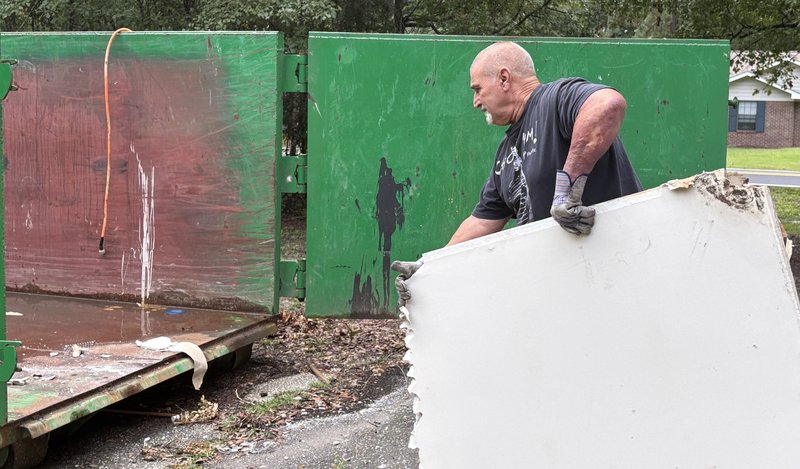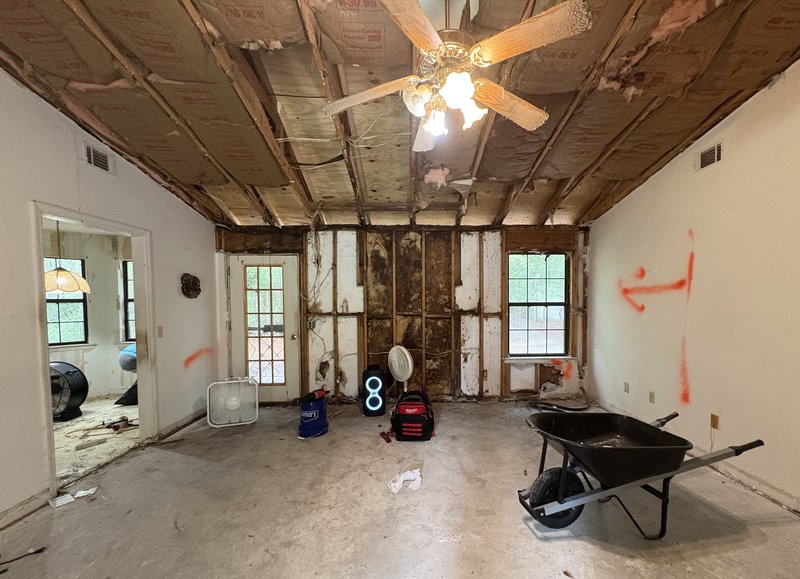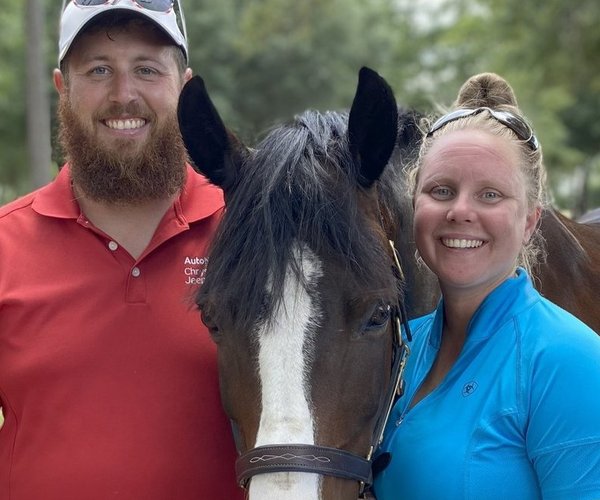Rincon’s city council has begun to take a look at historic preservation ordinances.
Ellen Harris, the Chatham County-Savannah Metropolitan Planning Commission’s preservation planner, laid out what it would take for the city to create a historic district and come up with a historic preservation law.
“We have had some discussions about identifying historic areas in our city,” Mayor Ken Lee said.
Key to historic preservation is defining cultural resources, Harris said.
“Cultural resources can mean a lot of things to different people,” she said. “It’s a wide term applicable to a lot of manmade artifacts. They define who we are as a community.”
Typically, for structures to be considered historic they have to be at least 50 years old, according to Harris, a Savannah College of Art and Design graduate who teaches historic preservation at her alma mater. Savannah’s own historic landmark ordinance was passed in 1970.
“We lost some landmark buildings in Savannah,” Harris said.
A 1997 survey documented 37 sites of cultural resources.
“That’s a great starting point,” Harris said.
The National Historic Preservation Act of 1966 and the state’s Historic Preservation Act of 1980 help protect those resources. The state law enables the creation of local historic preservation laws and sets up design review guidelines and development regulations. In the state, 126 cities and counties have passed historic preservation ordinances.
The National Register of Historic Places is more of an honorary title, Harris said, “with the carrot of tax consideration.” A building on the National Register of Historic Places has no regulation for its future use or look attached, unless federal money is involved with something such as a rehabilitation tax credit.
A historic preservation commission would make recommendations on historic preservation designations, but they still have to come before the city council as a zoning matter. The historic preservation commission also would issue certificates of appropriateness.
A local historic preservation commission recommends to the elected body an area to call a historic district. Those areas must have a special character or historic, cultural or aesthetic value or interest, represent a period or style of historic architecture or it stands apart visually as a unique section of the city.
Property owners are not prevented from making changes to their buildings in an area deemed to be a
historic district. They also don’t have to fix up their properties, unless those structures are deteriorating and collapsing.
“They can’t regulate the color of a building,” Harris said, though Savannah’s law was grandfathered in because it was adopted in 1970.
The historic district designation means that any alterations, additions or demolitions done are in keeping with the special character of the area.
“If you live in a historic neighborhood, you know your neighbor can’t tear a whole street of historic homes,” Harris said.


